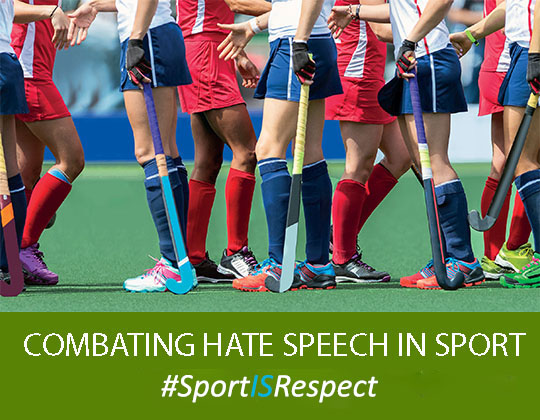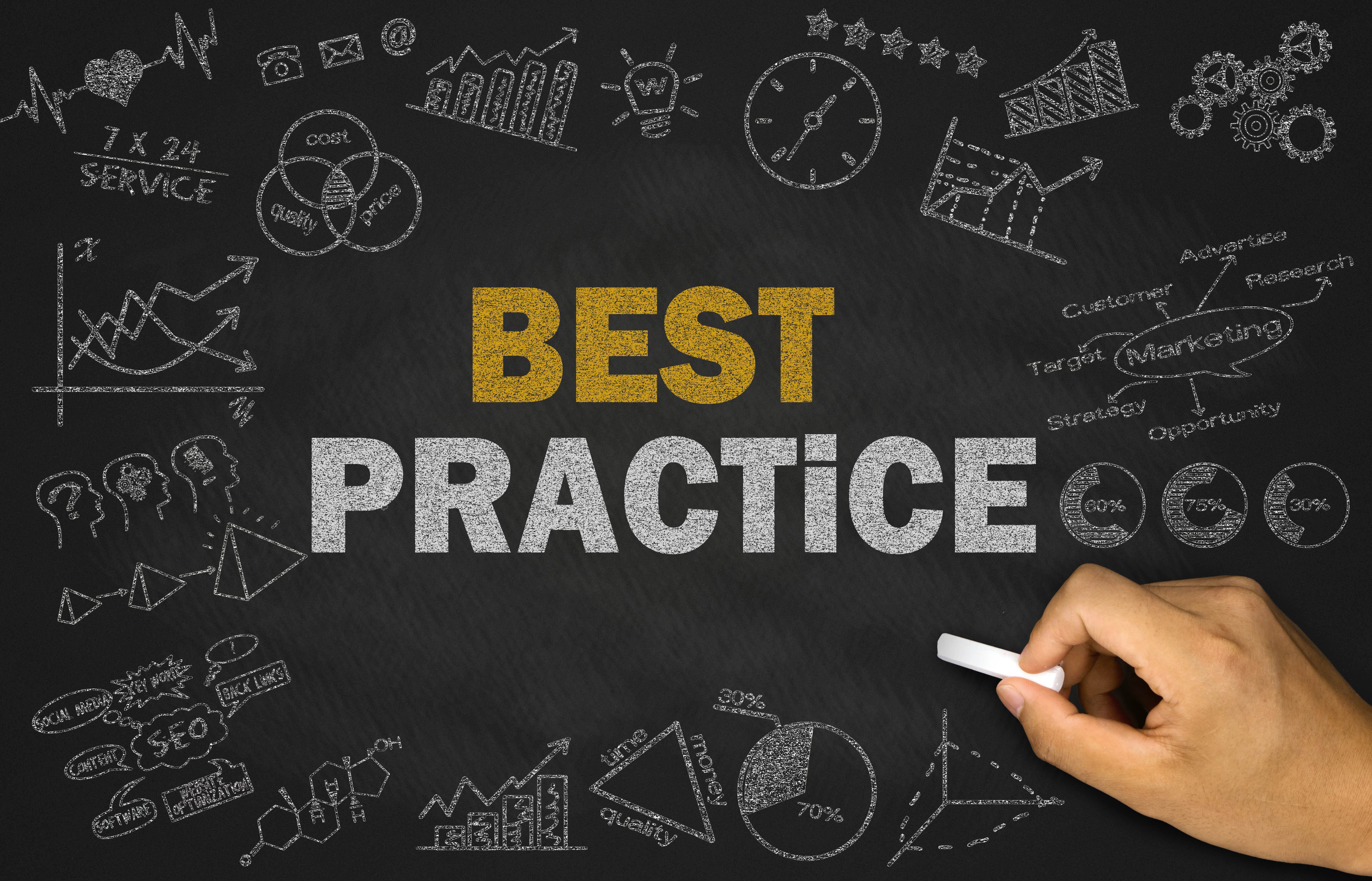Eradicating online hate

@Régis Suhner/CoE
In today's digital age, tackling online abuse has emerged as a critical issue, that requires implementation of effective legislation. Testimonies from all sport actors, in particular players and referees, provide valuable insights into the nature of this phenomenon and its profound impact on both their personal and professional lives, as well as those of their families. It is therefore crucial to raise awareness of the detrimental effects of online abuse on the mental well-being and performance of victims. In response to this growing concern, many companies have developed software to monitor, moderate, and combat online abuse, and to protect social channels from hate speech, harassment, and other unlawful content.
Their cutting-edge solutions play a vital role in safeguarding the online experience of sportspeople, fostering a safer and more inclusive digital environment for all users.
In this page you will find examples of the experiences of some relevant companies, alongside a compilation of best practices to combat online abuse
 Company’s work/activities related to sport: Note that “most of (their) projects are confidential and (they) are unable to disclose them”.
Company’s work/activities related to sport: Note that “most of (their) projects are confidential and (they) are unable to disclose them”.
Trollrensics have not yet worked (at least publicly) on the protection of sportspeople from online abuse analysis.
Approach/ Type of technology used for online abuse analysis:
|
Developing software for tracking disinformation and hybrid warfare campaigns on social media platforms such as X (Twitter), TikTok, Youtube and so on; Training people in doing online research using OSINT-tools; Executing tailor-made investigations into hybrid warfare campaigns, troll farms and disinformation on social media; Enabling our clients to perform research using our software. Trollrensics provides 3 main categories of services: Software, Research, and Training.
|
Provide tailored made training programs to become an expert in OSINT research.
Achievements and outcomes: Research on the activity of the IRA troll army after the attacks on Zaventem airport in Brussels (2016) for Belgian political magazine Knack. Reveal of the use of a large troll network by a famous Dutch singer called Dotan to spread fake stories.
Online hate speech


